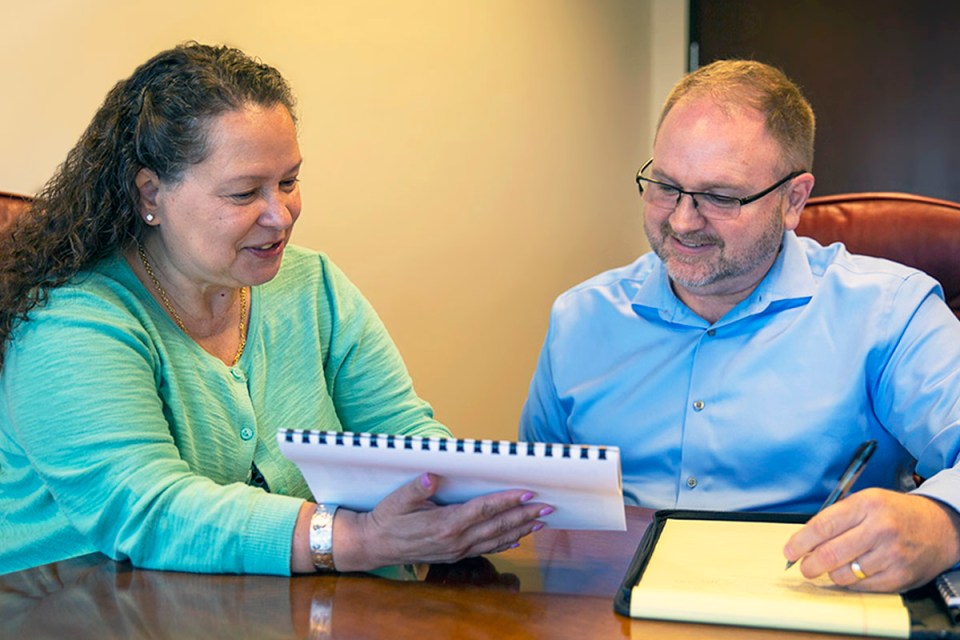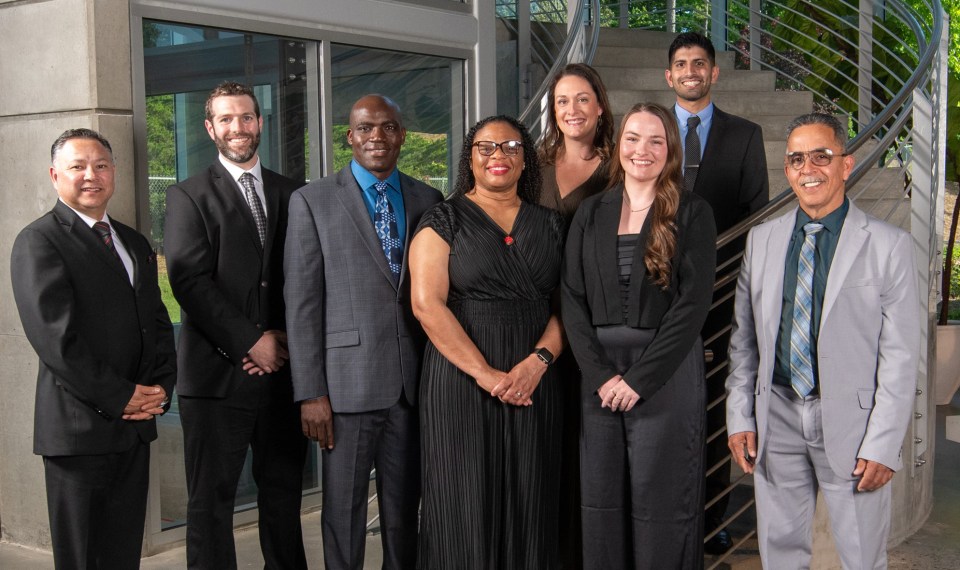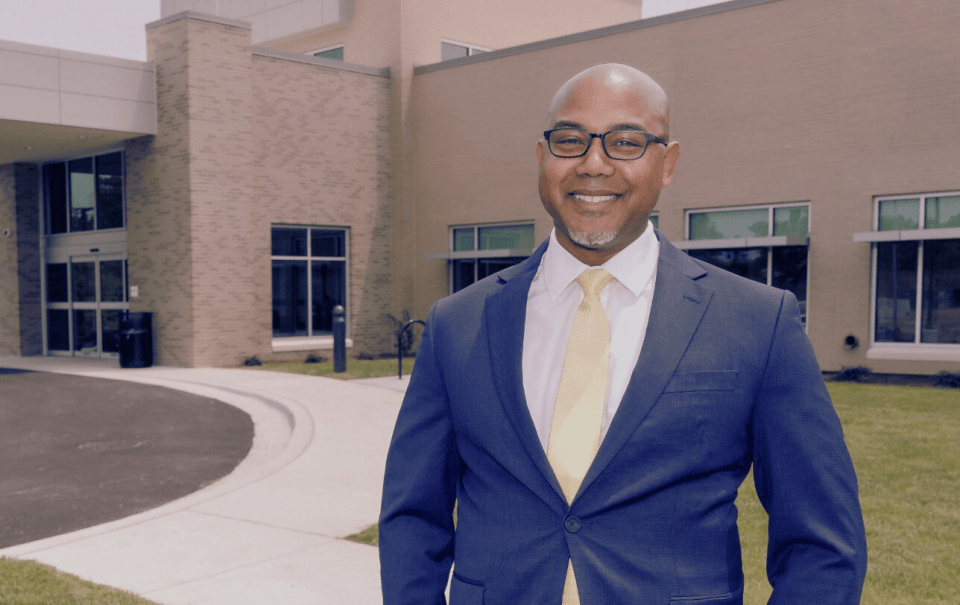When people use the term professional development, many of us think of a formal process like a conference, seminar, college course, or obtaining an additional license or degree. But professional development can also occur through less formal avenues as well, such as discussions among colleagues, being mentored by someone you admire, self-guided reading and research, shadowing a colleague, taking on new tasks and assignments, or even a conversation in the hallway.
Professional development is the process of gaining and applying new knowledge, skills and abilities to help you grow as a person and improve your performance on the job. Each one of us is responsible for our own professional development. For those of us who work in healthcare, we can focus our professional development in four distinct areas; I call these the four Cs of professional development.
1. Competencies
These are the tactical skills, knowledge and abilities you need to do your job or a future job such as to:
- Educate yourself on new treatment methodologies through literature review, seminars, conferences and webinars.
- Collaborate with professionals in other disciplines to improve patient care across the treatment continuum.
- Understand the financial drivers that lead to success for your department, branch or hospital.
- Understand and implement best practices for the sales process or clinical efficiency.
- Create a solid work flow and improve your time management.
- Develop supervisory and managerial skills.
2. Communication
For years we’ve heard the old phrase that “talk is cheap,” but I think that is categorically untrue. Communicating clearly and effectively is one of the most difficult things you will ever do, but you can become a competent and complete communicator when you:
- Learn to consistently and frequently give radically candid feedback to your direct reports, peers and to your boss.
- Don’t shy away from having crucial conversations.
- Develop and practice your presentation and facilitation skills.
- Become an expert in active listening.
- Learn to lead productive meetings.
- Practice writing clear and concise emails.
3. Character
Develop your character and work on increasing your self-awareness and emotional intelligence. This begins by honing the skill of nonjudgmental self-observation.
- Examine yourself, learn what truly motivates you, and discover your triggers and blind spots.
- Notice your habitual patterns of behavior. Ask yourself in what areas do you need to retrain some of those habits; what are some new habits you need to build?
- Develop the skill of empathy. Learn to identify the feelings of another person and connect on that emotional level.
- Work on your grit and resilience. Develop the skill to bounce back from frustrations and set-backs.
- Practice keeping a cool head and stay calm in a crisis; be the most non-anxious person in the room.
- Build trust with others and always act from a place of deep integrity.
4. Culture
Peter Drucker famously said, “Organizational culture eats strategy for breakfast.” I think many leaders would agree. We know a strong culture when we see it, but what is organizational culture comprised of and why should we include it in our professional development?
An organization’s culture consists of the values, beliefs, attitudes and behaviors that employees share and engage with on a daily basis. Organizational culture creates a sense of identity and belonging and helps the organization act as a whole towards common goals and outcomes. When your personal growth goals are supported by your organizational culture, you are more likely to have a good vocational fit and a fertile environment for professional development.
At Encompass Health, we endeavor to let our culture permeate everything we do. I recommend that our employees memorize our core values and let them speak into and influence their life and work: set the standard, lead with empathy, do what’s right, focus on the positive, and remain stronger together. As a company, we exist to provide a better way to care, and that starts with allowing the Encompass Health culture to infuse our actions and communication.
The four Cs of professional development can offer direction for your growth opportunities. As you consider your professional development, I challenge you with these two questions:
What will you do to own your own professional development this year?
On which of the four Cs do you need to focus your efforts so you can acquire new knowledge, skills and abilities to take your career to the next level?
I wish you the best of luck as you commit to personal and professional growth this year by owning your own development!
Dr. Heather Hodges has served Encompass Health – Home Health & Hospice as the vice president of professional development since June 2018. She is known for her positive energy, learner advocacy, upbeat and encouraging personality and her engaging training style. A lifelong learner, Heather holds advanced degrees in psychology, theology and communication. She has more than 23 years of experience as a professor, therapist, business owner, non-profit director, entrepreneur, and she is also a professional artist.
The content of this site is for informational purposes only and should not be taken as professional medical advice. Always seek the advice of your physician or other qualified healthcare provider with any questions you may have regarding any medical conditions or treatments.



